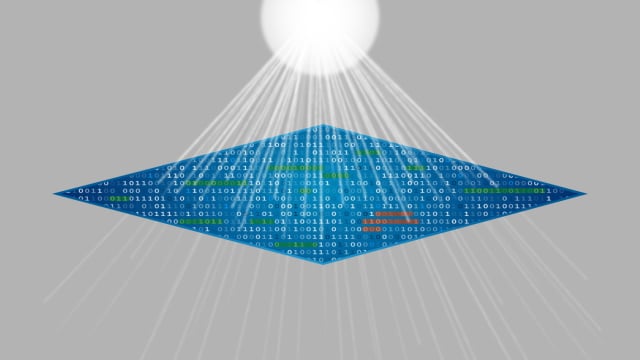
Microsoft launches Project Freta to detect malware in Linux kernels
Microsoft has revealed a new anti-malware service by the name of Project Freta. The company describes it as a "free service from Microsoft Research for detecting evidence of OS and sensor sabotage, such as rootkits and advanced malware, in memory snapshots of live Linux systems".
Project Freta is cloud-based, and the memory forensics tool was created by the NExT Security Ventures (NSV) team in Microsoft Research.

Linux users might find themselves paying money to use LibreOffice one day
If you are a Linux nerd or Windows user without much money, you probably use LibreOffice. That free software is actually quite good, although Microsoft's Office is far superior. Regardless of how you feel about the Windows-maker, its office suite of software is second to none. If you use Windows or Mac and can afford it, I always recommend using "real" Word and Excel over knockoffs, such as the aforementioned LibreOffice's Writer or Calc. Sadly, other than the web version, Microsoft Office is not available for Linux. With that said, as a Linux user, I appreciate LibreOffice's existence and use it regularly.
But what if LibreOffice wasn't free? Would people still use it if it cost money? Some folks became very worried about that exactly, as the release candidate of LibreOffice 7.0 labeled itself as "Personal Edition." To some, it was a sign that a paid version of LibreOffice was on the horizon. Well, guess what? They weren't totally wrong. In the future, you might find yourself paying money to use LibreOffice software. According to a new blog post from The Document Foundation Board aimed at quelling fears, however, there is no need to panic.
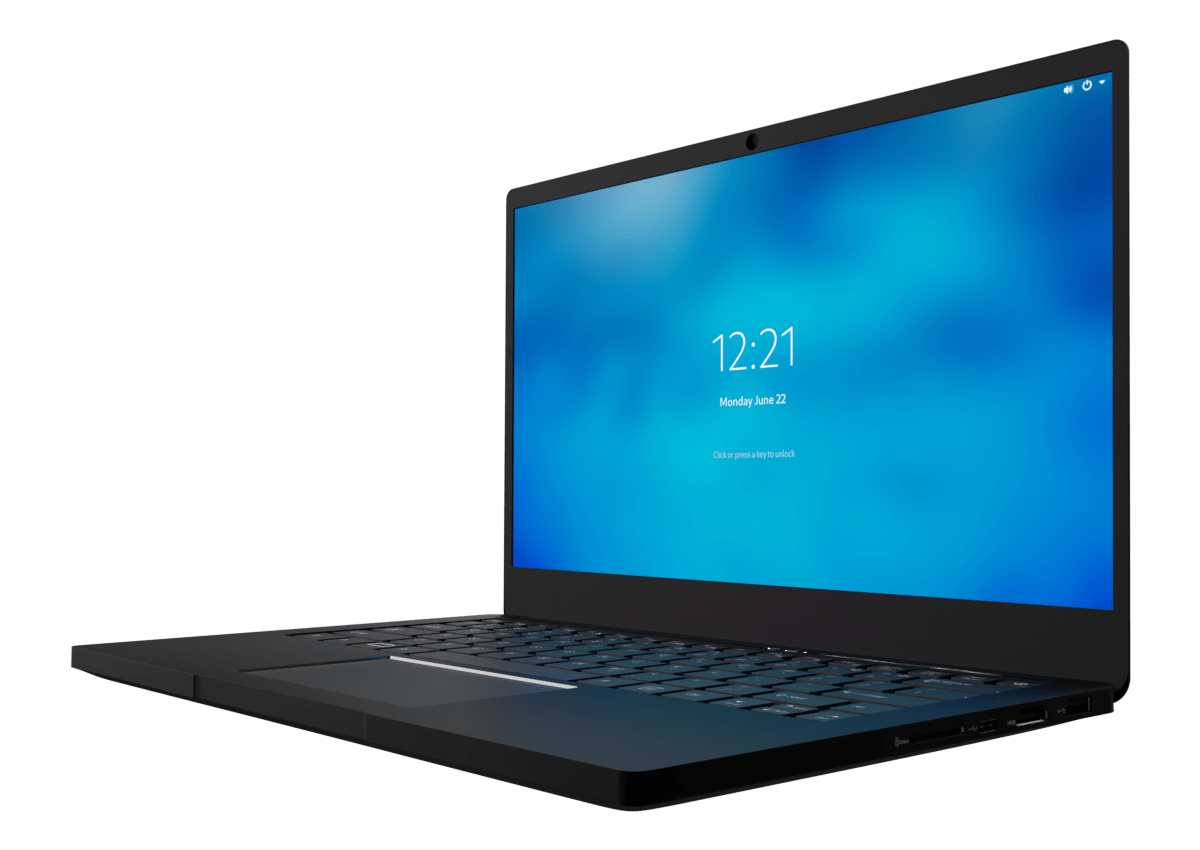
Purism announces privacy-focused Librem 14 Linux laptop
People are starting to care more about privacy these days, and rightfully so. It feels like we are constantly hearing about data breaches and software vulnerabilities that can lead to spying. While Windows 10 is a great operating system, it does have some intense telemetry that can pass your activity to Microsoft's servers. That is part of the reason so many people are switching to Linux these days.
If you are switching to Linux for privacy reasons, you have to check out Purism. That company sells computers running a Debian-based Linux distro called "PureOS". These machines have hardware kill-switches for the webcam, microphone, and wireless radios. Today, the company announces the 14-inch Librem 14 Linux laptop. It has a 1080p display and is powered by the hexacore Intel Core i7-10710U processor. It can be configured with up to 32GB of RAM.

Mageia 8 Alpha 1 Linux distribution now available for download
Mageia isn't one of the most popular Linux-based operating systems, but it has its share of fans. The operating system is primarily a KDE affair, although GNOME and Xfce are available desktop environments too. It is a quality distro that you should check out if interested.
The last major release of Mageia was version 7, which came out nearly a year ago. Today, Mageia 8 Alpha 1 becomes available for download. Despite many Linux distributions stopping development of 32-bit variants, Mageia is apparently not giving up -- you can download a special 32-bit ISO that uses the Xfce desktop environment.
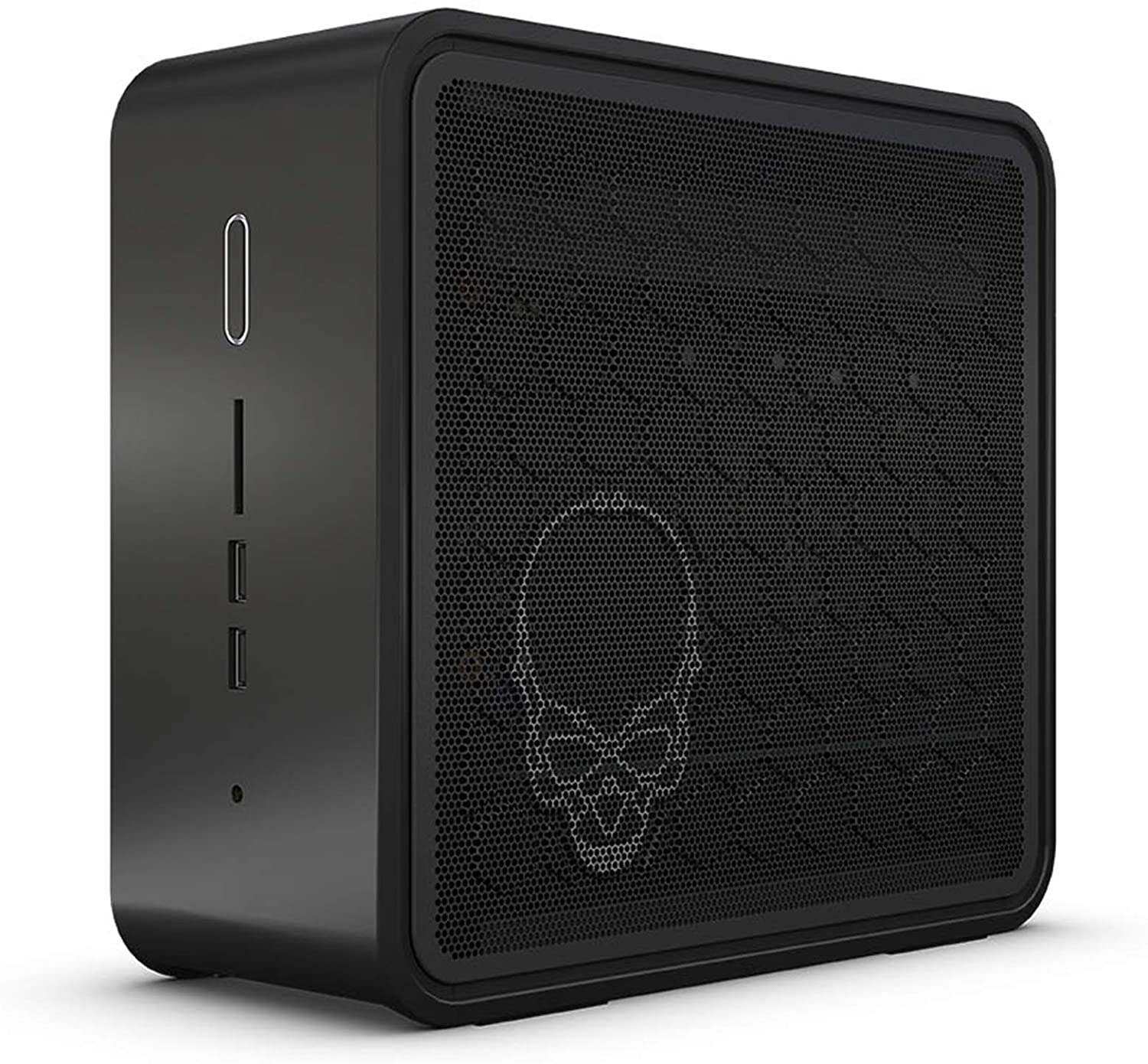
The Linux-friendly Ghost Canyon Intel NUC 9 Extreme is finally available for purchase
Intel's diminutive NUC bare-bones computers are quite a bit of fun. Not only are they cute and tiny, but once you add RAM and storage, they can run both Windows 10 and Linux brilliantly. Hell, I am currently running macOS on one as a "Hackintosh" (Shh! Don't tell Apple). The only knock on the NUC is that you can't really upgrade the GPU. Unless your NUC has Thunderbolt 3 and you add a pricey eGPU, you are essentially stuck with Intel's ho-hum onboard graphics.
With the unveiling of the "Ghost Canyon" Intel NUC 9, however, this changed. While obviously bigger than earlier NUC models, this unit can accommodate a proper gaming card from AMD or NVIDIA (if you choose to add one). You can even eventually upgrade the CPU with what Intel calls replaceable "compute elements." And now, if you have some money to spare, you can finally buy the top model of Ghost Canyon -- the drool-worthy Intel NUC 9 Extreme is available today!

Manjaro Linux 32-bit is dead
We have had 64-bit processors in the mainstream for many years now, but for some reason, developers have continued to maintain 32-bit versions of operating systems. This includes Microsoft, who still supports 32-bit Windows 10 in 2020 (although the company plans to wind that down). Thankfully, many Linux distributions such as Fedora, Tails, and Linux Mint have killed off their 32-bit versions, choosing to instead focus on 64-bit.
And now, another major Linux distribution follows suit. You see, as of today, Manjaro Linux 32-bit is dead. This is a very wise move, as 32-bit computers are obsolete and maintaining a 32-bit variant of an OS is a waste of resources. Anyone that disagrees is very wrong.

Ubuntu-based Linux Mint 20 'Ulyana' is here
Earlier this month, we told you about Linux Mint 20 BETA . Code-named "Ulyana," it was a very controversial release, as the developers decided to cancel the 32-bit version. Unfortunately, the devs also shocked the world by revealing their intention to remove Snapd starting with version 20 of the operating system. Don't forget, all of this follows the unpopular decision by the developers to pull both GIMP and VLC from Mint too.
And now, Linux Mint 20 sheds its pre-release tag and becomes available for download. The newest version of the operating system comes with Linux kernel 5.4 and is based on Ubuntu 20.04. Linux Mint 20 is officially supported until the year 2025! Best of all, you can choose among three desktop environments -- Cinnamon (4.6), MATE (1.24), and Xfce (4.14). It even comes with a new program called "Warpinator."
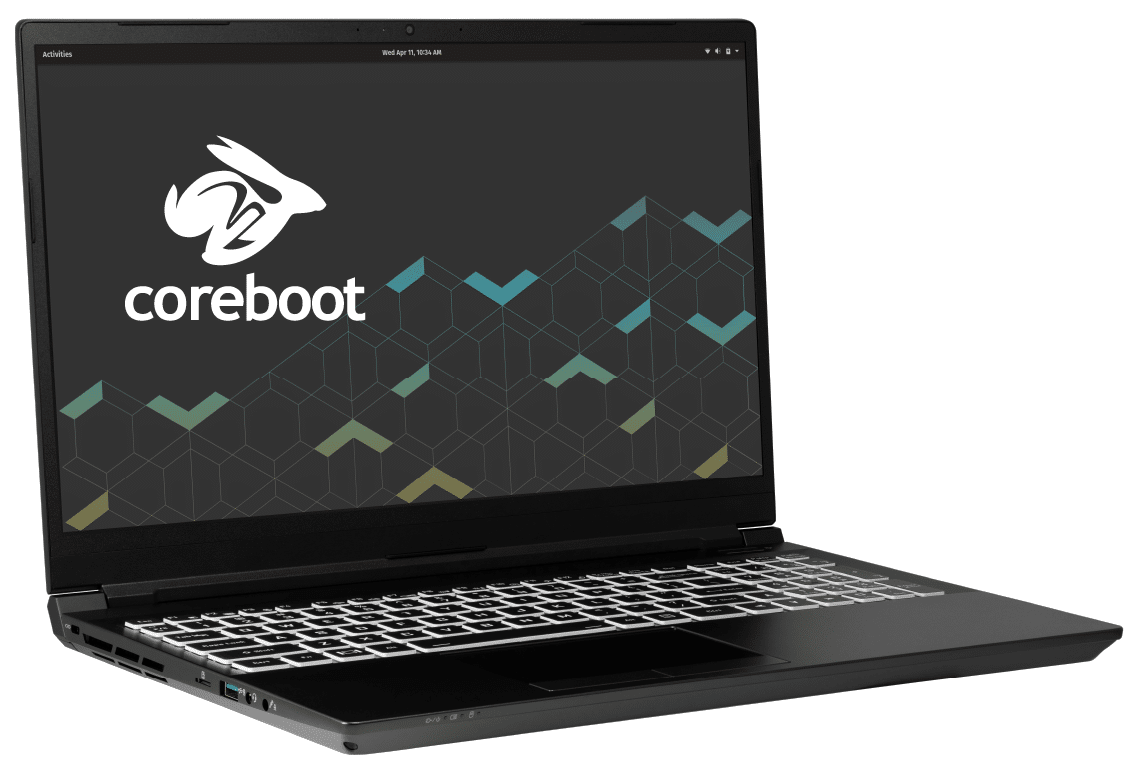
System76 Oryx Pro Linux laptop gets Intel Core i7-10875H CPU and Open Firmware
We recently told you that the thin and light Dell XPS 13 Developer Edition has finally started shipping with Ubuntu 20.04 LTS. While that is certainly cool, the reality is, Linux-focused companies like System76 were shipping out computers with the newest Ubuntu LTS pre-installed way before that. In fact, System76 even offers the option of its own operating system that is based on Ubuntu 20.04. Called "Pop!_OS," the Linux distribution adds many beneficial tweaks and enhancements to improve the overall user experience.
Today, System76 refreshes its popular Oryx Pro laptop, and you can choose between Ubuntu 20.04 and Pop!_OS 20.04 (I would recommend the latter). The powerful notebook (with 15.6-inch or 17.3-inch display options) now comes with a cutting-edge 10th Gen Intel Core i7-10875H CPU which offers an impressive 8 cores and 16 threads. You also get an NVIDIA RTX 20-series GPU which can work in conjunction with the Intel graphics thanks to the smart graphic-switching capabilities baked into Pop!_OS.
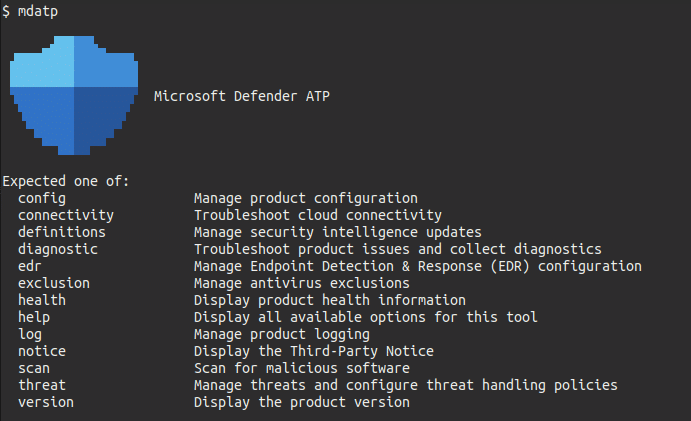
Microsoft's Windows 10 antivirus now available for Linux
Microsoft is increasingly showing love to Linux, with the most obvious example of this being the inclusion of Windows Subsystem for Linux (WSL) in Windows 10.
Today, the software giant announces the general availability of Microsoft Defender Advanced Threat Protection (ATP) for Linux systems.
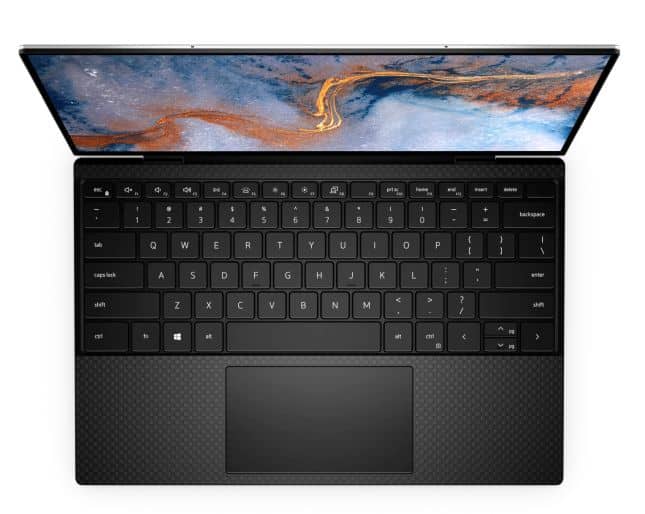
Dell is finally shipping the XPS 13 Developer Edition with Ubuntu Linux 20.04 LTS
If you want a laptop that comes with Linux pre-installed nowadays, there are actually a lot of options. While it used to be hard to get a computer without Windows on it, it is now a pretty easy task. You can choose from popular Linux-friendly computer sellers like System76 or Tuxedo Computers, but there is another company that sometimes gets overlooked -- Dell. Yes, one of the biggest manufacturers of Windows computers also sells "Developer Editions" of its computers that come with Ubuntu Linux pre-installed. The company has sold these Linux computers for several years.
One of the most celebrated laptops in recent years is Dell's wildly popular XPS 13. This is a thin and light notebook that offers both elegance and impressive performance. Newer models are famous for their super-thin bezels. And yes, Dell does offer a Developer Edition of the XPS 13. Believe it or not, even though Ubuntu 20.04 LTS came out in April, Dell has been shipping the laptop with the older (yet still supported) 18.04 LTS. Well, folks, as of today this changes. Dell is finally shipping the XPS 13 Developer Edition with Ubuntu Linux 20.04!
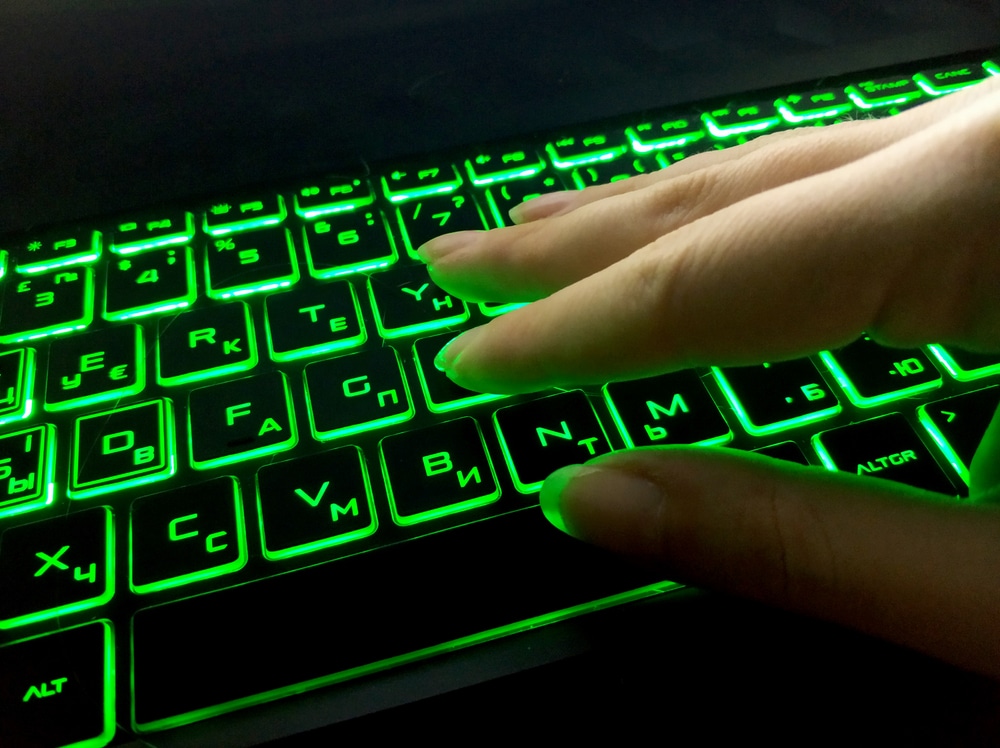
Ubuntu-based Linux Mint 20 'Ulyana' BETA is here, but the 32-bit version is canceled and Snapd is removed
Back in March, we told you about the upcoming Linux Mint 20. Code-named "Ulyana," it was a very controversial announcement as the developers decided to cancel the 32-bit version. After that bombshell, the devs further shocked the world by revealing their intention to remove Snapd starting with version 20 of the operating system. Don't forget, all of this follows the unpopular decision by the developers to pull both GIMP and VLC from Mint too.
And now, the BETA of Linux Mint 20 is officially here. The pre-release operating system comes with Linux kernel 5.4 and is based on Ubuntu 20.04. Linux Mint 20 even has official support until the year 2025! Best of all, you can choose among three desktop environments -- Cinnamon (4.6), MATE (1.24), and Xfce (4.14). What really has the developers hot and bothered, however, is a new program called "Warpinator."
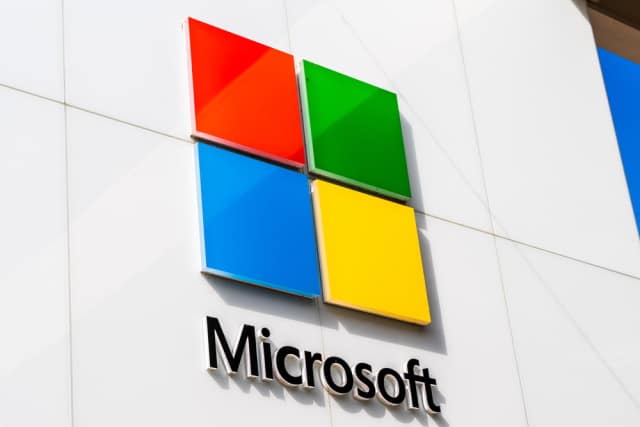
Microsoft publishes Windows Terminal 2.0 roadmap
Windows 10 is undeniably a graphic-based operating system, but there have always been various text-driven command line options too. With Microsoft increasingly embracing Linux, the arrival of Windows Terminal was pleasing if unsurprising.
The utility provides access to the Command Prompt, PowerShell and WSL (Windows Subsystem for Linux), and although version 1.0 has only just been released, Microsoft has already published it roadmap for Windows Terminal 2.0.

System76 launches AMD Ryzen-powered 'Serval WS' portable Linux workstation
The year 2020 undoubtedly belongs to AMD. After trailing Intel for years in some areas, the company has finally leapfrogged the Pentium-maker. Between its Ryzen and Ryzen Threadripper processors, AMD owns the enthusiast desktop market. And that's not all -- the company's Ryzen 4000 Series Mobile Processors are impressing on laptops too. Hell, Linus Torvalds, the father of Linux, is now using a computer powered by AMD's Ryzen Threadripper 3970X.
Linux computer maker/seller System76 has been offering AMD processors in its Thelio desktop computers, but believe it or not, the company has never offered an AMD-powered laptop -- until now, that is. You see, starting today, you can buy a "Serval WS" powered by AMD. No, System76 is not offering mobile Ryzen chips in this laptop, but instead, desktop-class processors! As you can expect, this 15-inch portable Linux workstation is quite chunky and heavy as a result. With that said, it is simply impossible to cram this much power into a thin and light notebook.
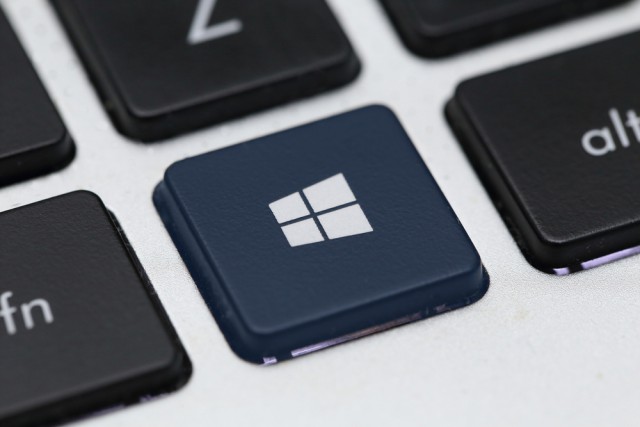
Microsoft releases Windows 10 Build 19645 with changes to Linux kernel servicing
It’s been a couple of weeks since Microsoft began rolling out the Windows 10 May 2020 Update, and it’s fair to say progress has been slow, with more issues coming to light.
Still, it’s full steam ahead on Windows 10 development as the software giant today releases a new build for Insiders on the Fast ring.
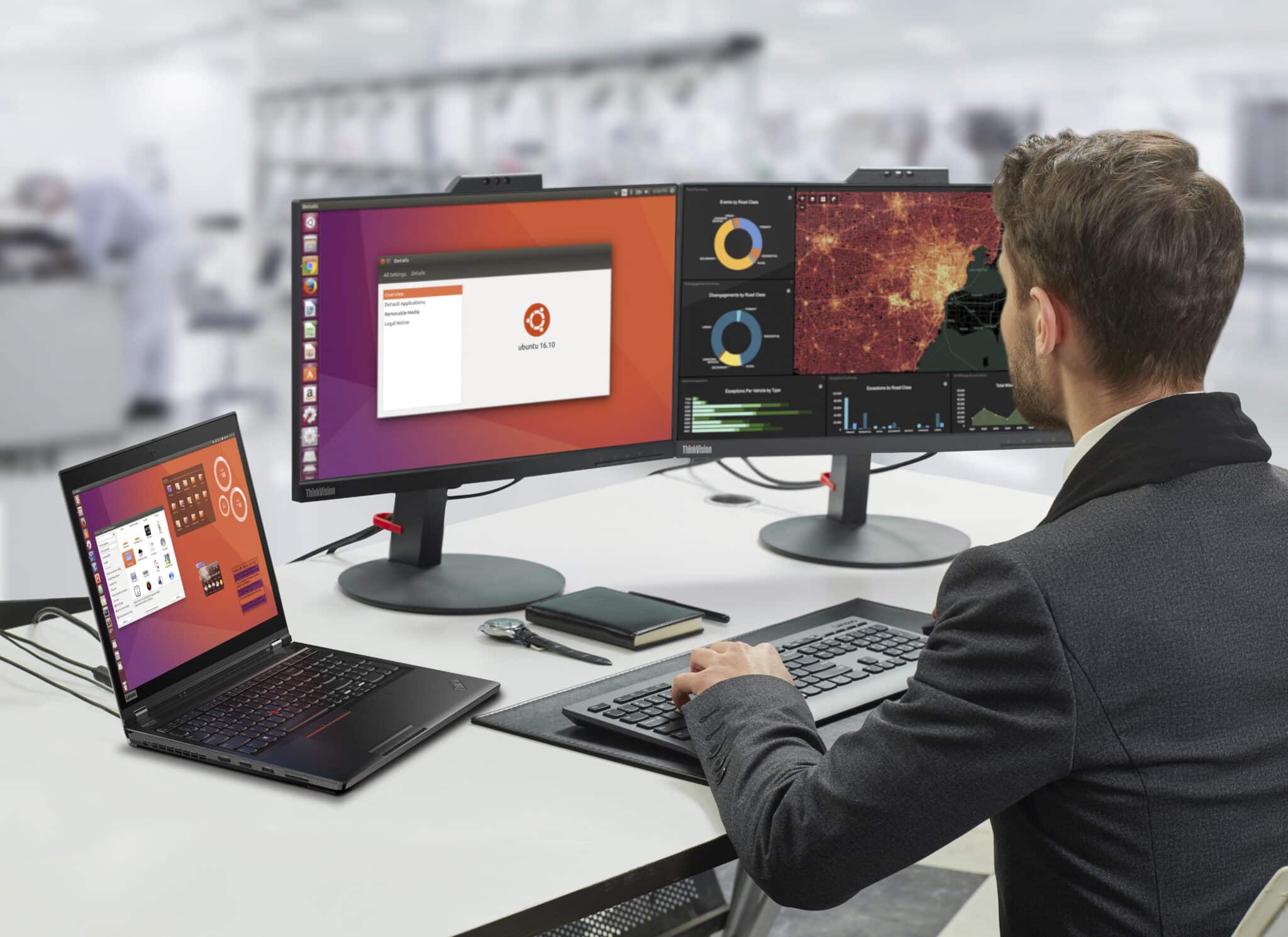
Lenovo ThinkPad and ThinkStation computers get certified for Linux
Lenovo makes some great Enterprise computers — both its desktops and notebooks can be found in use by many businesses. With that said, the company’s Windows laptops and Chromebooks are used in many homes too. Unfortunately, Lenovo’s consumer PCs have varying degrees of quality — some models are good, while others are downright bad.
Today, Lenovo announces amazing news regarding some of its higher quality computers. You see, all of the company’s ThinkStation and ThinkPad P Series workstations are now certified for Linux, including Ubuntu LTS and RHEL. This is in addition to Lenovo’s previously announced plan to pre-install Fedora on some machines.
